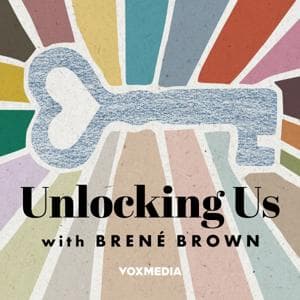We think we’re definitive in our likes, dislikes, actions and words… but often we’re not. We’re fickle. We may THINK we’re clearly stating who we are to the world, but others see us through their own filters (and we see others through ours). If you see yourself as black and white, you’re trying to fit the broad strokes of life into a small, SAFE package. You live by rules, experiencing life in a very limited (and sometimes miserable) way.
We are all shades of grey in how we think, feel and act, but try to hide that from the outside world. Instead of being weird, unique or even hypocritical at times, we stay within the lines others have drawn for us. If feels safe, but how can you ever truly know who you are or what you want based on how other people think you should live? It’s a very limited view of what’s possible. Below are some of the questions I answer in this episode:
So how do you gain the courage to live outside the lines?
How does the way we relate to others keep us from success in life?
How do you tell if a relationship is right for you?
How can you stop repeating the same patterns?
Why can’t you let go of relationships?




































